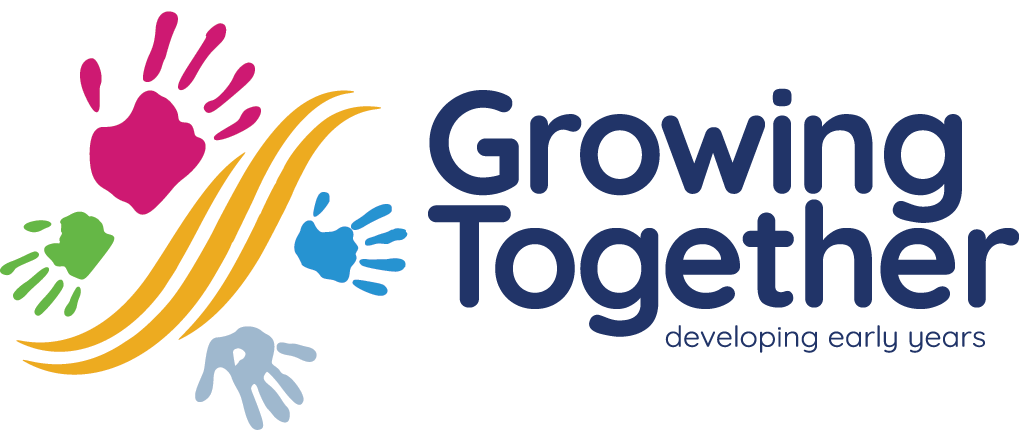Festival Celebrations Verse Tokenism
Addressing the elephant in the room about festivals and celebrations or are we just indulging in tokenism. This is something I wanted to address as I have seen so much flying around online recently, but have also been questioned by people as I have put up activity ideas for celebrating Chinese New Year or Shoves Tuesday.
So firstly, I guess I want to say we support a wide range of practitioners in all different walks of life, spaces on the journey of working in early years (which is a journey), who will all have different children, interests, cultures and experiences within their setting. The sharing of ideas does not go out with the expectation that every one will make pancakes or celebrate valentine’s day and so on; but rather as inspiration for those who do choose to celebrate.
I remember a very young me, who was eager to please and worked for a company where we had to devise a celebration festivals planner that we shared with head office and our seniors. I remember the eagerness of wanting to please everyone and starting out in my first managerial post and making sure that I ticked all the boxes and did everything possible to make sure I was being the best manager. With the fatigue and exhaustion as we seemed to move from one festival to another without even taking a breath, bonfire night, Diwali, Christmas, New Year, Chinese New Year, Valentines Day, Shoves Tuesday, Easter, Ramadan. The list went on. And I am afraid to say we probably did engage in tokenism around some of these celebrations we were focusing on.
Although, I always tried to talk about the meaning the reason behind the festival what do people believe and so on. But I guess this is where we say our professional life is a journey, because I look back at the young manager eager to please and it makes me cringe. I learnt very quickly as I progressed into my role as a manager that actually this just wasn’t working! I didn’t feel like we were being honest, true or reflective of our community our special cultures that we had within our setting.
So, what would I tell a young me, think about your children, move beyond the tokenism by reflecting on what you know about your community, staff, families and children you are working with in your setting. For example, my Brakey Woods parent group (currently running online), we meet once a week. We didn’t celebrate Chinese New Year, not because I don’t accept that festival or enjoy celebrating it; but because none of my families or children had mentioned it. It is not a festival that means anything to them, it is not following the children’s interests and knowledge they have of the world around them.
However, we are celebrating Shoves Tuesday this week. Why? We are celebrating shoves Tuesday, because it is something our children and families celebrate. We are building on their interests and what they will be doing as a family on Tuesday. We understand also though that to some of our families Shoves Tuesday, is a Christian festival that celebrates to them the recognition of using up food before 40 nights and days in the desert. Although, to other members of our group pancake day is about just that a tradition of eating as many pancakes as you can while spending time with your family and that is okay to! We can also work with that, personally I have already planned out my pancakes for me it has to be the traditional lemon and sugar…
So, here’s a question, if we only focus on celebrations appropriate to our communities then are, we teaching children cultural intolerance, should we be teaching more festivals to increase children’s cultural capital?
I know what a question right, probably a little bit heavy for a relaxing Sunday, but here is my perspective. Cultural Capital is about expanding children’s experiences and knowledge and skills and expanding those experiences we offer and children’s horizons. However, we know the importance of starting where children are to begin with and building on the view of the world that they have. As this is how they make sense of the world. And if we look at our little communities, even from my time as a manager of a small setting in a fairly rural area, we had many diverse believes, festivals and experiences and places to start.
By just focusing on the ones that applied to us and our current families that we had within our community, we weren’t teaching intolerance because we live in a diverse culture. But instead, we were able to delve deeper into those children’s cultures and experiences and share them, learn about festivals that different people celebrated. It goes beyond a token appreciation at Diwali or Ramadan, but into a cultural believe and understanding of children’s experiences all year round. There certainly wasn’t less broadening of children’s cultural capital through starting with our own community and it didn’t mean we were teaching intolerance of other cultures. We fully embraced our culture and those around us that made our little community, meaning that this connection, understanding and appreciation; was developing a community of learners who as they progress through life are going to connect, appreciate and understand other cultures.
So here is my challenge to you, do you know what festivals and celebrations your families celebrate? Do you know the why? And how do you bring your individual children’s, families and staffs experiences and believes in to your setting, so it isn’t tokenism but rather embedded within your culture of your setting?
Written by Pauline Milsted (Director of Growing Together)

